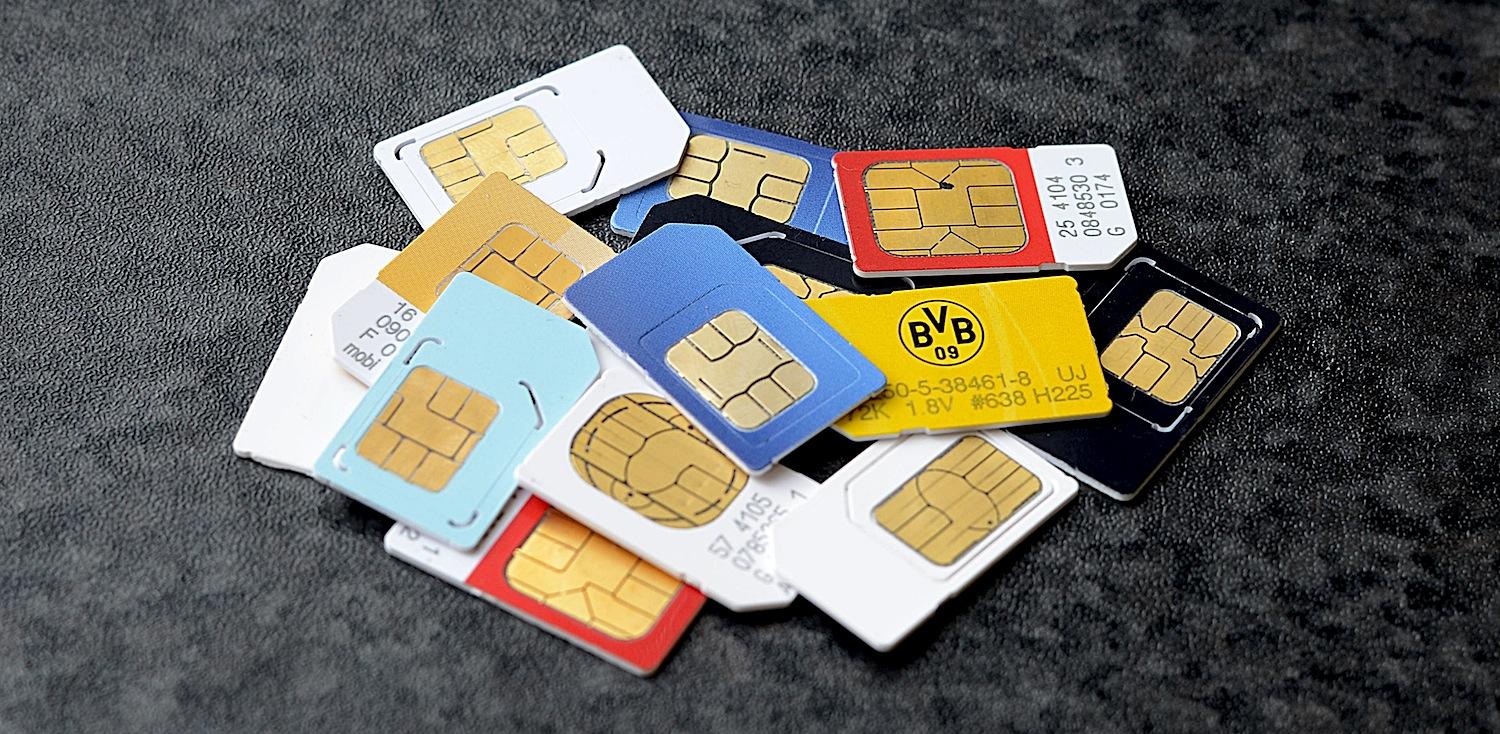NSA chief addresses hackers as lawmakers grill underlings
NSA Director Gen. Keith Alexander is interrupted during a speech in Las Vegas Wednesday as he was talking about government surveillance programs.
While intelligence officials briefed lawmakers on Capitol Hill about the country’s secret data-collecting programs, the nation’s top snoop met an even more critical audience Wednesday: Hackers.Gen. Keith Alexander, the embattled head of the U.S. National Security Agency, spoke to a tech-savvy and somewhat hostile crowd gathered at the Black Hat conference in Las Vegas, Nev. — where he unapologetically defended wide-ranging intelligence gathering programs.
“You’re the greatest gathering of technical talent in anywhere the world, if we can make this better, the whole reason I came here was to ask you to help us make it better,” Alexander appealed to the crowd. “And if you disagree with us, you should work twice as hard.”
“I have, you should too,” the general responded to large applause.
At another point, a conference attendee yelled, “Bulls---!” after the NSA chief said his spy agency stands for freedom.
Alexander also insisted that oversight and strict regulation of the telephone and electronic monitoring programs meant someone was watching the watchers and keeping them in check.
“The assumption is that people are out there just wheeling and dealing, and nothing could be further from the truth,” Alexander told the crowd. “We have tremendous oversight in these programs … You know that we can audit the actions of our people 100 percent in this case, and we do that.”
Though the nearly hour-long speech was tense at times, it ended with a hearty applause and many Twitter thank you’s from attendees who respected Alexander for the visit into unfriendly territory.
But Alexander wasn’t the only intelligence official facing a tough crowd on Wednesday. In Washington, other NSA officials testified before a skeptical Senate Judiciary Committee, which harshly criticized the agency’s sweeping domestic surveillance powers.
The hearings began as director of National Intelligence declassified documents relating to the government’s collection of telephone data, one of the wide-ranging surveillance programs that brought global outcry over privacy concerns after being thrust into the public spotlight by Snowden.
The documents, which in some places are heavily redacted, were released “in the interest of increased transparency,” the office of the Director of National Intelligence said in a statement.
Deputy Director John Inglis told the Congress that no one has been disciplined over the former security contractor's leak and his ability to take large amounts of classified data from agency computers.
"No one has offered to resign. Everyone is working hard to understand what happened,'' Inglis said.
The three newly released documents include the 2009 and 2011 reports on the government’s “Bulk Collection Program” under the Patriot Act. The other record made public was an order from the Foreign Intelligence Surveillance Court detailing how data should be gathered and stored.
It originally was not set to be declassified until April 12, 2038.
Snowden offered details to news agencies about a court order calling for Verizon to hand over Americans phone records and the existence of a program called Prism, which collects bulk data of foreign citizens that are suspected to be involved with terrorist organizations.
The declassified documents also contain information about government efforts to gather intelligence on electronic communications. The Dec. 4, 2009 report to the House Intelligence Committee shows that for years the NSA has been collecting records of all Americans emails, including the sender, recipient and time of day the emails were sent.
However the content of those communications have not been collected, according to the report.
Officials have previously acknowledged the bulk collection of emails was terminated in December 2011 after questions arose about its usefulness.
The 2009 document also notes that the collection of phone and email data is “some of the most sensitive” intelligence gathering programs conducted by the government, and warns members of Congress that public disclosure of their existence would cause “exceptionally grave” damage to national security.
The report then describes both the telephone and emails efforts as programs that "operate on a very large scale" and had been authorized by the Foreign Intelligence Surveillance Court under regular day orders.
In addition to the bulk collection of telephone records being collected under the Patriot Act, the report states that another legal authority -- called the "pen register" provisions of the Foreign Intelligence Surveillance Act-- authorized the government "to collect similar kinds of information about electronic communications."
These electronic communications are described in the report as "the 'to’ and 'from' lines in email and time an email is sent-- excluding the content of the email and the 'subject' line."
The report adds: "Again, this information is collected pursuant to court order (generally last 90 days) and, under relevant court decisions, is not protected by the Fourth Amendment."
The 2009 report states that the problems "generally involved the implementation of highly sophisticated techniques" that "in some instances, resulted in the automated tools operating in a manner that was not completely consistent" with court orders.
The problems prompted the NSA to create an "Office of Compliance" to address the problems, the 2009 report states.
The documents also reference security contractors like Snowden, saying that “appropriately trained and authorized technical personnel” may access the government data.
Snowden, who remains stuck at an airport in Moscow awaiting an asylum request to the Russian government, has said he accessed information of the government’s massive intelligence gathering programs while working at intelligence contractor Booz Allen Hamilton.
Also on Wednesday, the British newspaper The Guardian revealed more information about an NSA spying program known as “Xkeyscore,” which the paper reports allows analysts to search through huge databases including emails, online chats and internet history with no prior authorization. The German magazine Der Spiegel first revealed the program’s existence and that Germany’s foreign intelligence service and its domestic intelligence agency were utilizing it.
Last week the House narrowly rejected a proposal that would have severely restricted the NSA’s ability to collect phone records, with some Congress’ most liberal and conservative members voting in accord.
Senate Judiciary Committee Chairman Patrick Leahy, D-Vt., pressed intelligence officials for hard numbers on how many potential terror plots have actually been foiled by the call-tracking database –known as Section 215, the Patriot Act provision that authorizes it.
Leahy said he was “far from convinced” that the intelligence officers know how many attacks have been thwarted by the collection of phone records.
He also criticized the documents made public Wednesday for containing little rationale behind the legalization of the program.
NBC's Jim Miklaszewski, Courtney Kube and Reuters contributed to this report.



 When banks' financial chicanery resulted in Bear Stearns' and Lehman Bros.' collapse, a crushing recession and the wholesale loss of jobs, the nation's response ranged from folks exiting the workforce to activists pitching tents and occupying public spaces.
When banks' financial chicanery resulted in Bear Stearns' and Lehman Bros.' collapse, a crushing recession and the wholesale loss of jobs, the nation's response ranged from folks exiting the workforce to activists pitching tents and occupying public spaces.


 Mr. and Mrs. Alderson Muncy of West Virginia made history in 1961 when they became the country's first food stamp recipients by using $95 in benefits to buy groceries for their 15-person family.
Mr. and Mrs. Alderson Muncy of West Virginia made history in 1961 when they became the country's first food stamp recipients by using $95 in benefits to buy groceries for their 15-person family.






